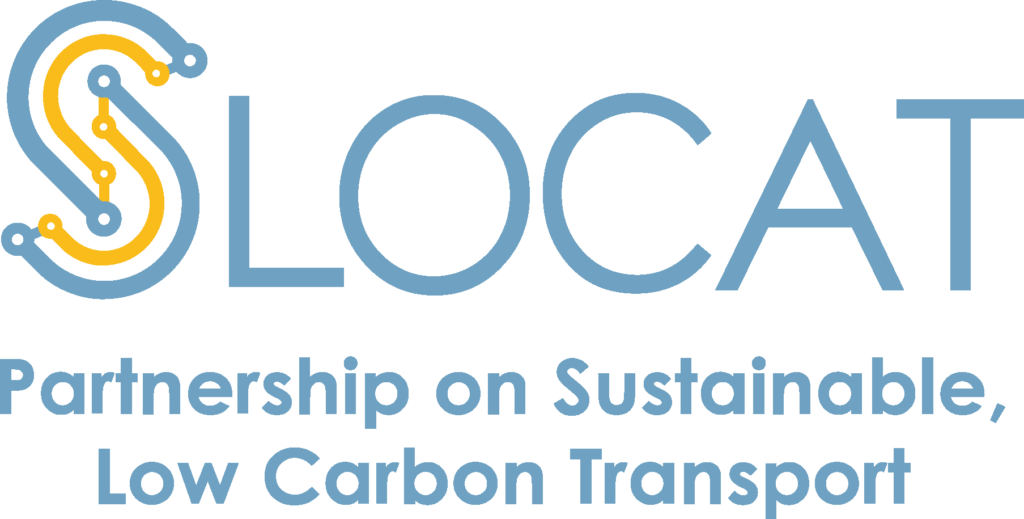In a world of interconnected challenges, our economies and societies must transform to remain competitive, equitable and resilient, while keeping global warming to 1.5ºC. Accelerating the transformation of freight transport and logistics is among the most impactful steps the global community can take to enable overall positive socio-economic transformations by mid-century.
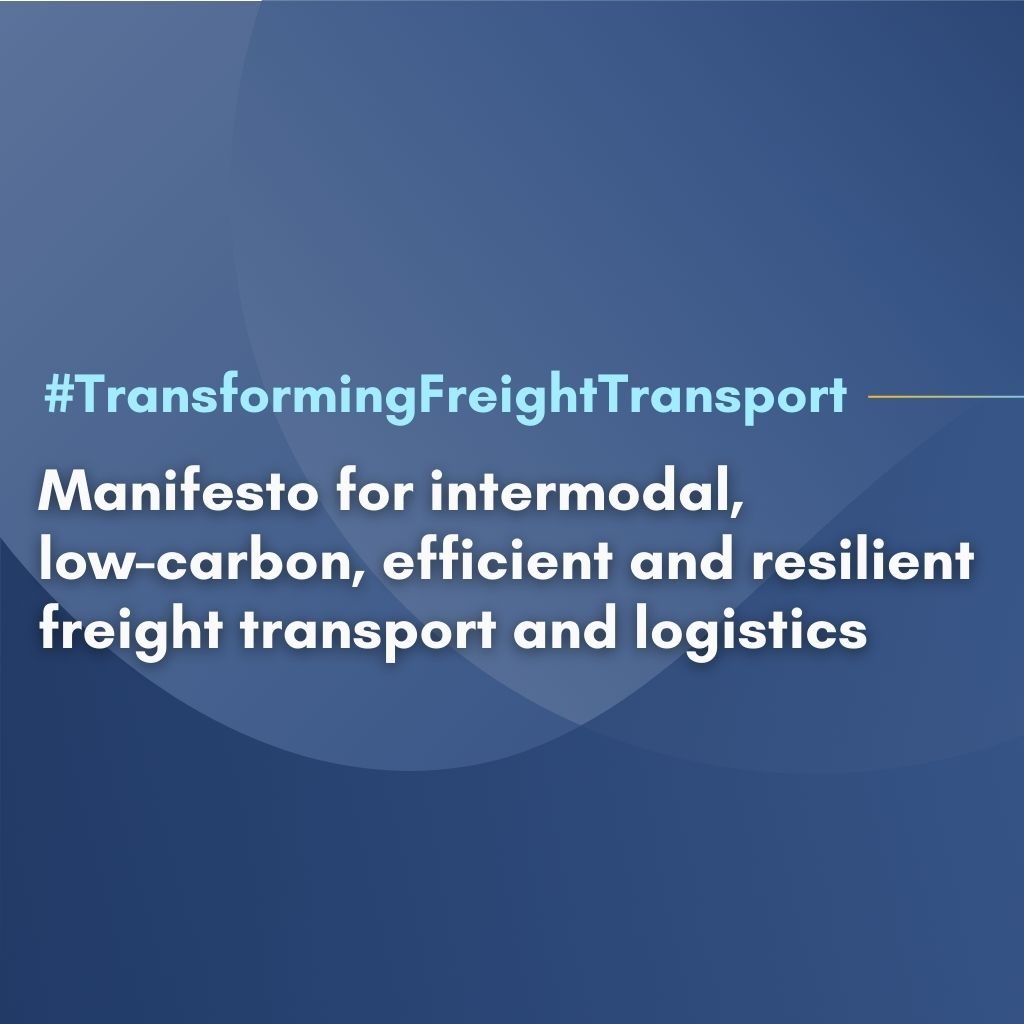
This manifesto was launched at the first United Nations Global Supply Chain Forum organised by United Nations Trade and Development and the Government of Barbados on 21 – 24 May 2024 in Bridgetown, Barbados. Active outreach and advocacy actions will continue after this Forum, with possibilities for later sign on to the manifesto. In the coming months, we will contribute to building up technical capacity through a compendium of policy and financing interventions and multistakeholder dialogue.
![]() Read the manifesto and sign on now
Read the manifesto and sign on now
#TransformingFreightTransport
Manifesto for intermodal, low-carbon, efficient and resilient freight transport and logistics
In a world of interconnected challenges, our economies and societies must transform to remain competitive, equitable and resilient, while keeping global warming to 1.5ºC. Accelerating the transformation of freight transport and logistics is among the most impactful steps the global community can take to enable overall positive socio-economic transformations by mid-century.
![]() Read the manifesto and sign on now
Read the manifesto and sign on now
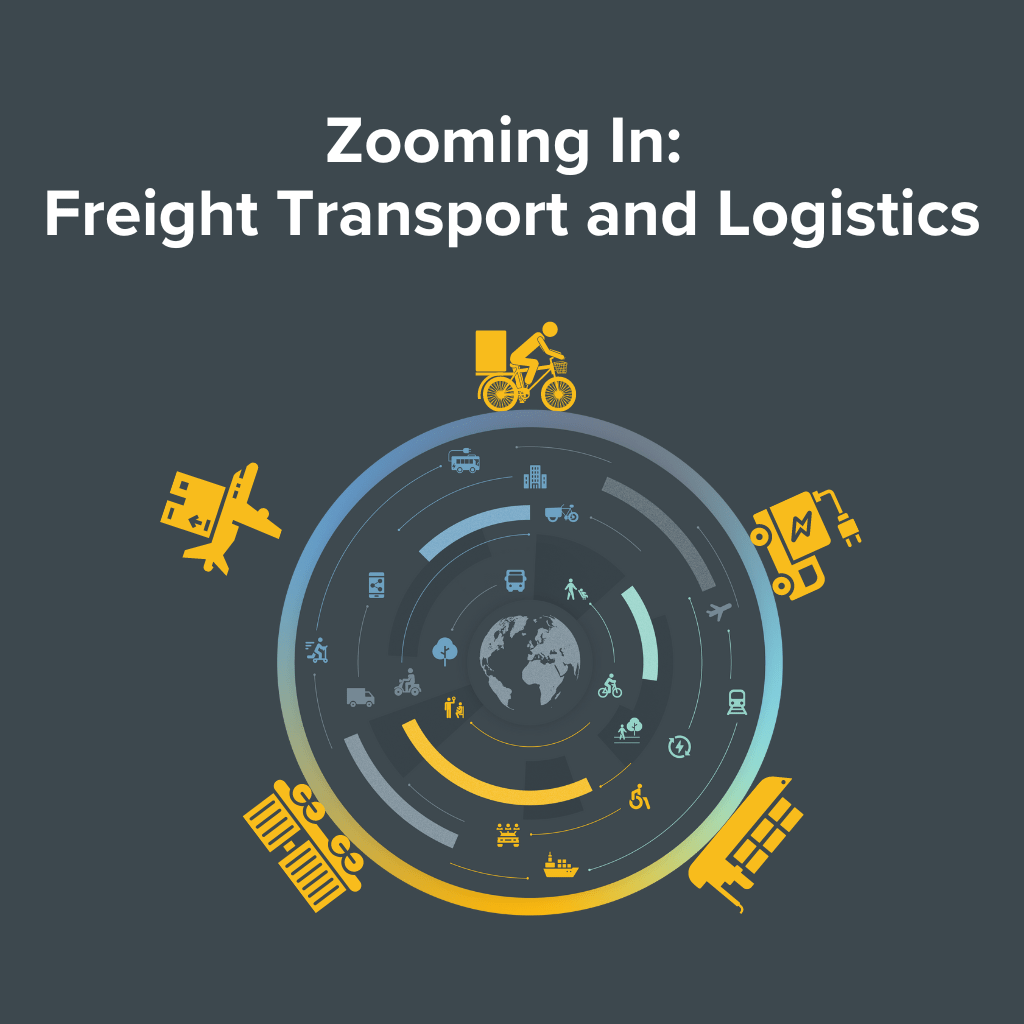
Recognising the essential role of freight transport in sustainable trade and development, this paper aims to shed light on the data, knowledge, policy and finance needs to further strengthen freight systems that efficiently combine different low carbon modes, share capacities and rely on sustainable first and last mile delivery.

Zooming In: Freight Transport and Logistics
Recognising the essential role of freight transport in sustainable trade and development, this paper aims to shed light on the data, knowledge, policy and finance needs to further strengthen freight systems that efficiently combine different low carbon modes, share capacities and rely on sustainable first and last mile delivery.
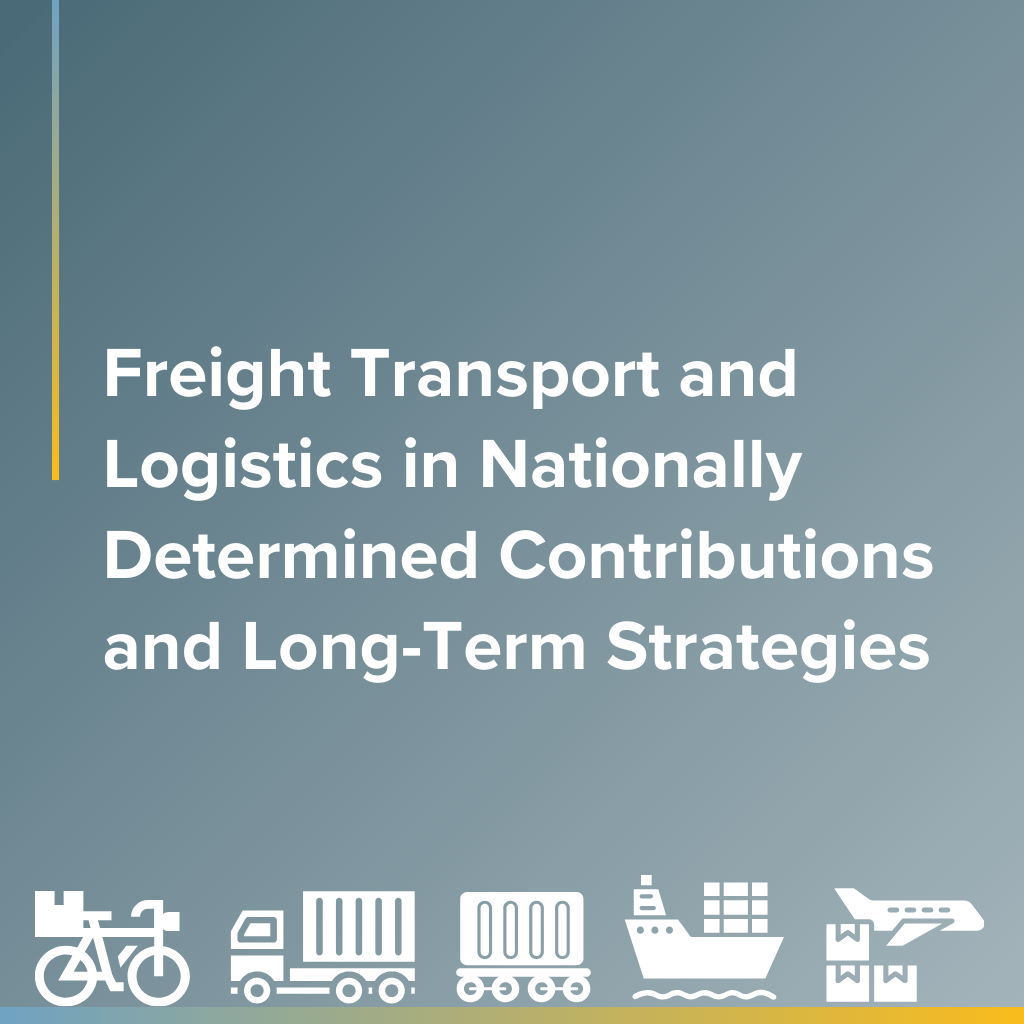
The analysis highlights a critical gap in Nationally Determined Contributions (NDCs) and Long-Term Strategies (LTS) submitted under the Paris Agreement framework: the lack of specific targets and measures for freight transport. There is also a missing balanced approach to sustainable, low-carbon freight transport and logistics within the Avoid-Shift-Improve framework. It showcases best practices from existing climate strategies and offers recommendations for enhancing sustainable, low-carbon freight transport and logistics in the next round of NDCs and LTS submissions.

Freight Transport and Logistics in National Climate Strategies
The analysis highlights a critical gap in Nationally Determined Contributions (NDCs) and Long-Term Strategies (LTS) submitted under the Paris Agreement framework: the lack of specific targets and measures for freight transport. There is also a missing balanced approach to sustainable, low-carbon freight transport and logistics within the Avoid-Shift-Improve framework. It showcases best practices from existing climate strategies and offers recommendations for enhancing sustainable, low-carbon freight transport and logistics in the next round of NDCs and LTS submissions.
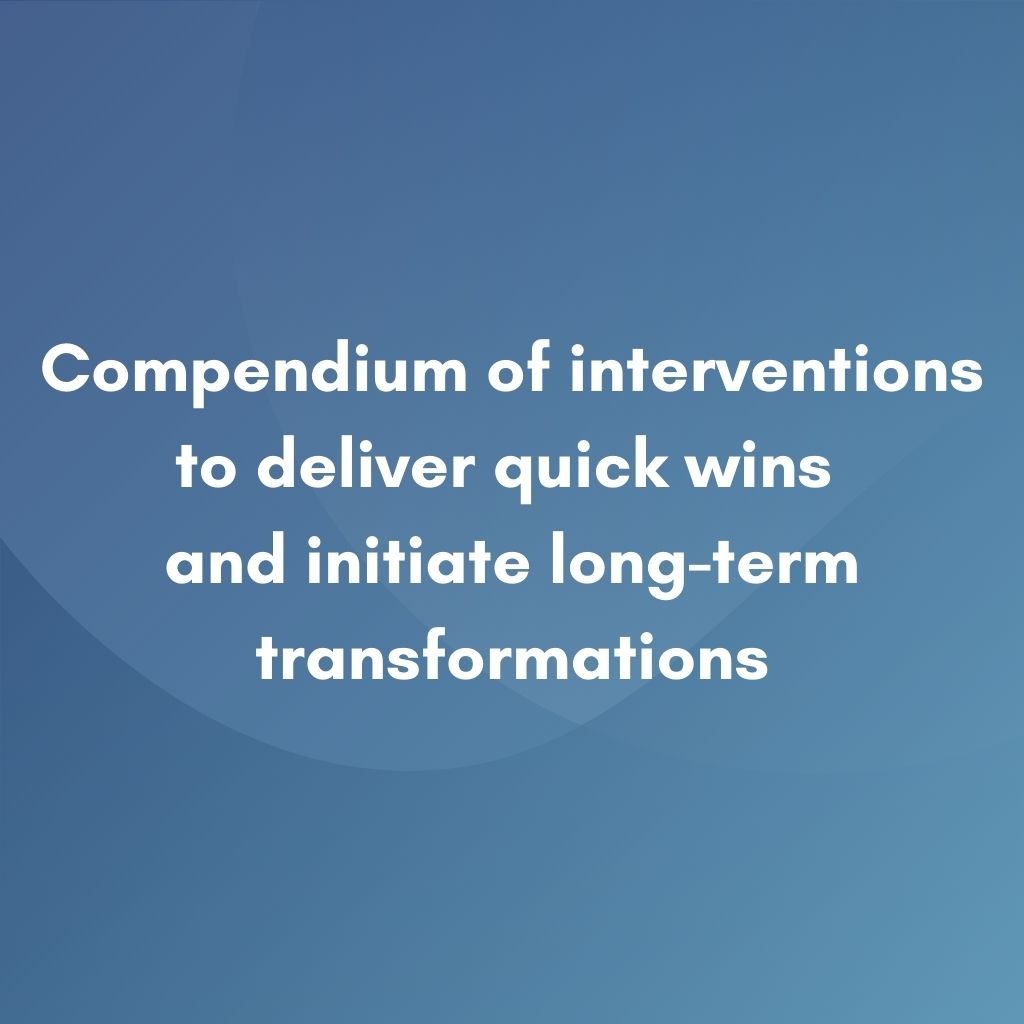
To translate the manifesto’s vision and critical enablers into actionable steps, SLOCAT and the Kühne Climate Center are now initiating the development of a compendium of policy and financing
interventions. This compendium identifies the ‘best value’ policies and investment approaches to deliver quick wins and initiate long-term transformations. Leveraging collective intelligence and best practices from stakeholders, it aims to steer global discussions and enable multi stakeholder actions. The suggested interventions should be implemented in a comprehensive and integrated approach to maximise their effectiveness. Studies show that interventions are highly interrelated: Technological interventions are closely related to operational gains and to a lesser degree to regulatory and economic improvements.
Compendium of interventions to deliver quick wins and initiate long-term transformations
To translate the manifesto’s vision and critical enablers into actionable steps, SLOCAT and the Kühne Climate Center are now initiating the development of a compendium of policy and financing interventions. This compendium identifies the ‘best value’ policies and investment approaches to deliver quick wins and initiate long-term transformations. Leveraging collective intelligence and best practices from stakeholders, it aims to steer global discussions and enable multi stakeholder actions. The suggested interventions should be implemented in a comprehensive and integrated approach to maximise their effectiveness. Studies show that interventions are highly interrelated: Technological interventions are closely related to operational gains and to a lesser degree to regulatory and economic improvements.
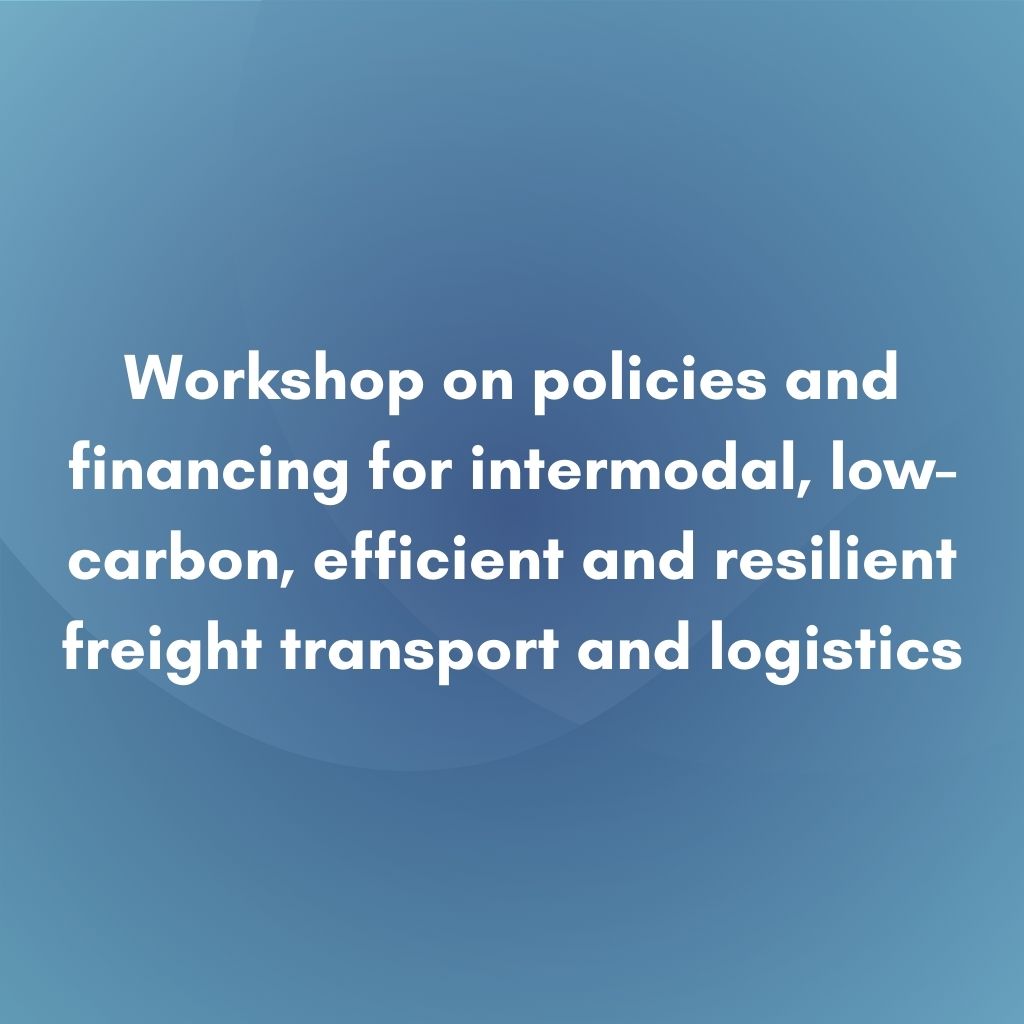
To support multi-stakeholder action, a compendium of policy and financing interventions is being developed to bridge the visionary goals of the manifesto with technical knowledge as well as solutions. It seeks to identify the 20 “best value” policies and investments to deliver quick wins and initiate the long-term transformations outlined in the manifesto. The compendium will also highlight which policies and investments should be discontinued and identifies key actors to drive these changes.
Workshop on policies and financing for intermodal, low-carbon, efficient and resilient freight transport and logistics
To support multi-stakeholder action, a compendium of policy and financing interventions is being developed to bridge the visionary goals of the manifesto with technical knowledge as well as solutions. It seeks to identify the 20 “best value” policies and investments to deliver quick wins and initiate the long-term transformations outlined in the manifesto. The compendium will also highlight which policies and investments should be discontinued and identifies key actors to drive these changes.
